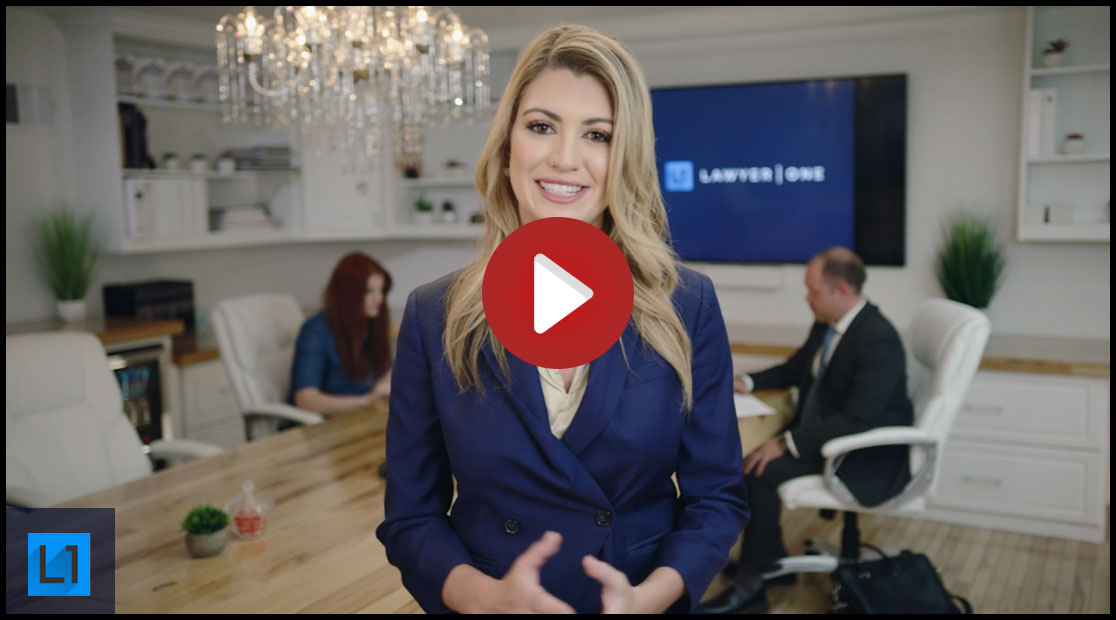Education Law Case Types
Here are just a few of the things your education attorney can do for you:
Education law – Each state has its own laws in regard to education. Your lawyer will already be briefed on these laws and be able to help guide you through the process in adherence to these laws. For example, one law that spans across multiple states is the Family Educational Rights and Privacy act. This act protects the privacy of your child’s student records. Before a child turns 18, parents have the right to see and inspect their child’s records at any point in time. Once the child is an adult, he or she has the power to deny the parent access to his or her records. Parents and students have the right to request that anything on the records that might be misleading be altered. If the school refuses, this is when your education attorney comes into play to help build your case. Each education institution must have written consent from either student or parent to release a student’s records to certain parties. Although, there are certain exceptions in which a school can release records without the consent of the student or parent; this might be to another school official such as a teacher or vice-principal, or to another school that the child is transferring to. If an institution releases your child’s records to any parties that are not on the list of appropriate parties, your rights have been violated and it is important to contact your education attorney right away.
Protect student rights – A prime responsibility of an education attorney is to ensure that your child’s rights are protected. If your child is unlawfully drug tested or being treated with any sort of bias, your attorney can ensure appropriate actions are taken against the school. A few of these rights might be the right to free speech. Under the first amendment, your child has the right to do or say something and even protest against anything they believe infringes upon their rights. Another right of your child is the right to his or her privacy. Unwarranted searches at school or questions about personal life in a school setting by an authoritative figure may be against your child’s constitutional rights. Although, it is often hard to find balance in this particular instance because institutions often try to protect the safety of all students. If your child is not at risk of harm or is not threatening to inflict harm on others, an authoritative figure prying into a child’s personal life in a school setting is violating your child’s rights. If a student has specific religious values that do not infringe upon the daily education or that of the rights of the other students and school staff, the student has the right to pray or practice any daily religious beliefs. If a school prohibits your child from doing so, your education attorney can challenge the school system for racism or bias and ensure that your child is able to practice he or she’s religious needs, as long as it is in a respectful and healthy manner.
Repeals – If your child has been unnecessarily suspended, expelled, or had wrongful disciplinary action taken against him or her, your education attorney can help to repeal these actions. Usually, there is a code of conduct at each education institution that outlines the behavioral guidelines for students. If a student violates these guidelines, they are subject to expulsion, suspension, or some sort of punishment. Sometimes, a school can violate these guidelines and inflict punishment when not necessary and/or too harsh of a punishment. An education attorney can help review the institution’s code of conduct and see if your child was in fact in violation or if the school was in violation. If you have any questions or concerns regarding your child’s rights, it is important to contact an attorney as soon as possible.
Special services – In cases where a child has special needs, your education attorney acts as a guide to help provide your child with the education services they need. Some children that might apply for special education services might be children who suffer from hearing impairment, mental retardation, speech impairment, autism, etc. If you believe your child needs special attention at his or her educational institution, don’t hesitate to reach out to your education attorney. Your attorney can properly deal with the school directly and ensure your child gets the proper education he or she needs.
Acting as a mediator – It is hard not to get emotionally invested when you are dealing with the needs of your child. Especially if your child is being treated unfairly. An education attorney can act as a mediator between you and the other party, without getting the emotional aspect involved.
Important education laws.
There are a few important education laws that come into play when acting on behalf of a student. Here are a few of the education acts:
Individuals with Disabilities Education Act – The law is particularly for children with special needs. It ensures these students receive the same public education as all other students, in an environment that fits their needs. It helps create for equality so these children can receive the same education but with added assistance from the school staff and administrators.
Education for all Handicapped Children Act – This law was put into effect to create equality for children with disabilities. No child with a disability can be treated differently than any other student or receive any less of an opportunity. If an administrator is not treating a disabled student with the same respect as any other student, you must contact an education attorney to help protect your child’s rights. If an institution is in violation of this act, you could be due compensation for your child’s mistreatment.
The Elementary and Secondary Education Act – This Act provides that schools must be responsible for the performance of their students. Administrators must perform assessments and help provide goals to help children with special needs excel. This also helps students to seek other education options if a program is not helping them to succeed on an academic level.
Higher Education Act – This Act was put into effect to better assist students financially after they have completed postsecondary education. This law made it possible for college students to receive scholarships, as well as student loans. It provides educational resources and options for students to be able to pursue a higher education.
The Rehabilitation Act – This law is to protect those students with disabilities and their rights in education programs receiving financial assistance. A child cannot be discriminated against due to disability or learning impairment. This act also extends to the work world with those suffering from a disability; this bleeds into equal opportunity employment.
Every Student Succeeds Act – A more recent Act, this was put into effect by President Obama in 2015. This act builds off of the Elementary and Secondary Education Act. The goal of the Act is to continue to help children succeed in school. It provides more resources, along with helping lower-performing schools make progress with their students in preparing them for higher education opportunities.







